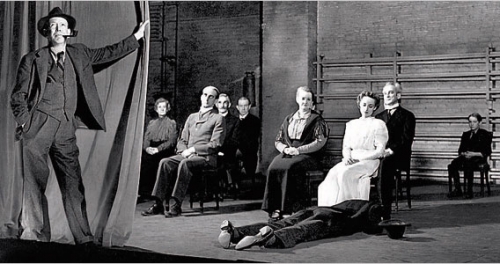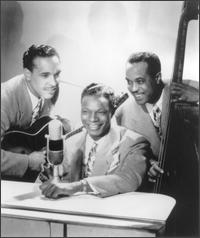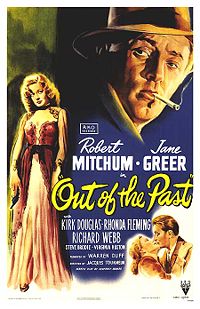If you read last week’s posting about my recent visit to the New Hampshire graveyard that is thought to have inspired the final scene of Thornton Wilder’s Our Town, you may be interested in seeing this photograph of the original 1938 Broadway production. The man with the pipe is Frank Craven, who created the role of the Stage Manager and is about to deliver his closing monologue.


 As it happens, I tried to take Stuff White People Like’s
As it happens, I tried to take Stuff White People Like’s  • Favorite movies. Ever: Rules of the Game. Most recently seen: Out of the Past. Last show seen: My Fair Lady at the Ogunquit Playhouse (with Jefferson Mays as Henry Higgins).
• Favorite movies. Ever: Rules of the Game. Most recently seen: Out of the Past. Last show seen: My Fair Lady at the Ogunquit Playhouse (with Jefferson Mays as Henry Higgins).